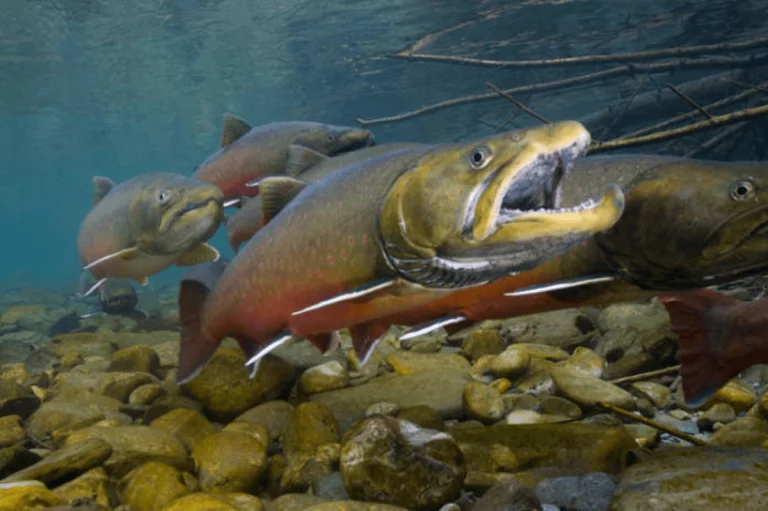Alliance For The Wild Rockies Files Lawsuit To Stop Massive Clearcutting
Bull trout lost approximately 60 percent of their historic range before they were even listed as ‘threatened’ on the Endangered Species List in 1998. Yet the Forest Service wants to bulldoze and clearcut some of Montana’s few remaining, most pristine, bull trout watersheds that flow out of the Great Burn of 1910 area. Given the bull trout’s struggle against extinction, we’re going to court to halt this highly destructive project.
The Alliance for the Wild Rockies filed a lawsuit on August 22 in federal district court in Missoula challenging the Redd Bull 2 logging project in the Superior Ranger District of the Lolo National Forest west of St. Regis, Montana.






